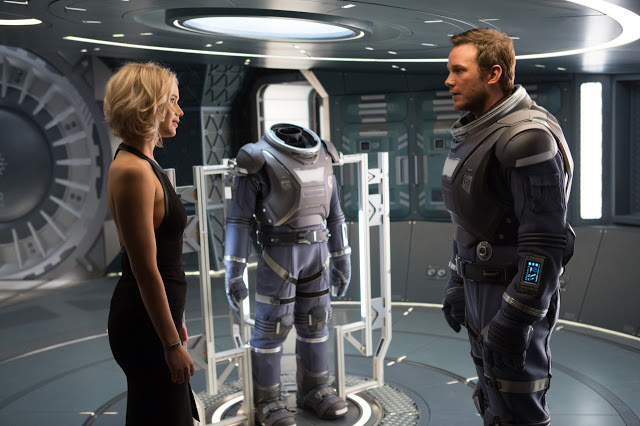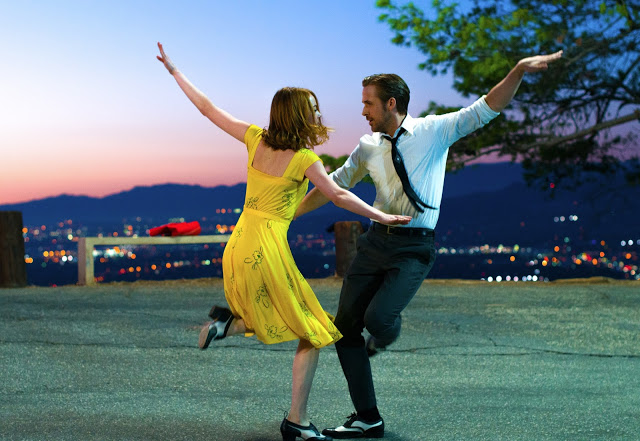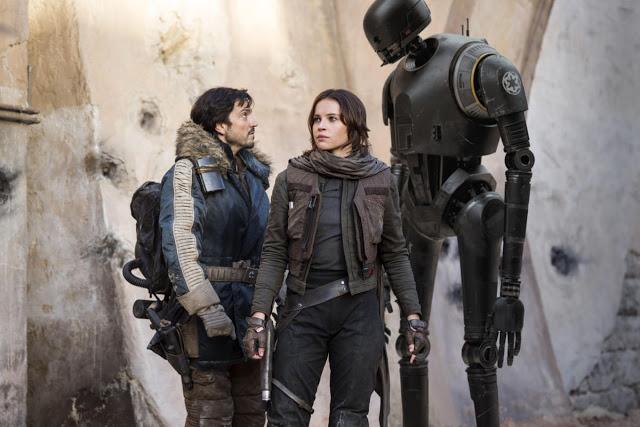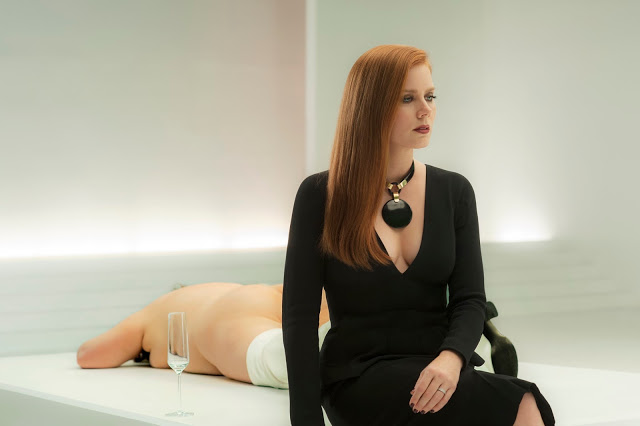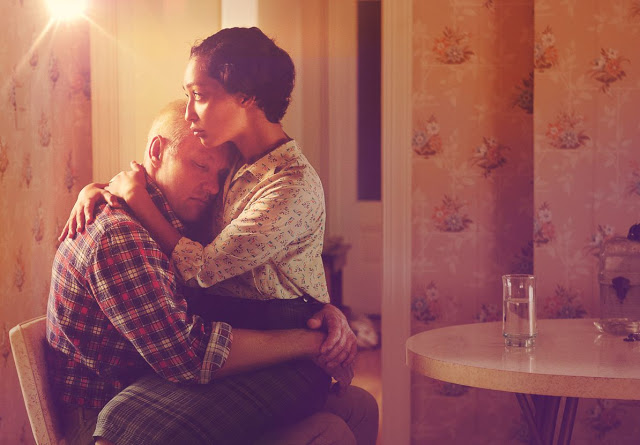Passengers: Boy Meets Girl, Stranded Amid the Stars
It is an unwritten rule that every movie set in space must feature a scene where a character suddenly begins to run out of oxygen. Passengers, the diverting, flawed, occasionally fantastic romantic thriller from Morten Tyldum, is no exception. But the scene in question, which is both exciting and exasperating, arms critics with an all-too-apt metaphor to describe the broader film. Here is a movie that begins with enormous promise, sustains that promise for well over an hour, and then slowly, steadily runs out of air. It gasps for breath, its limbs flail helplessly, and its brain, deprived of precious nutrients like logic and plausibility, shuts down.
But if I’m writing less of a review than an obituary, allow me to express the hope that Passengers—which has been unjustly savaged by critics—may rest in peace. Its ultimate demise should not invalidate the genuine delight and intrigue it provided while it was still alive. By which I mean, for its first two acts, Passengers is a whole lot of fun. Visually, it’s sleek, sharp, and sexy, with a slick, antiseptic production design, fetching costumes, and a pleasing color palette. And narratively, it tells an engaging story fraught with genuine moral conflict. A high-concept sci-fi think-piece, it will undoubtedly draw unflattering comparisons to 2001: A Space Odyssey, but it’s inspired less by Kubrick than Kieslowski, and if its answers to its philosophical quandaries are less than satisfactory, it at least has the courage to pose such dilemmas in the first place. Read More

